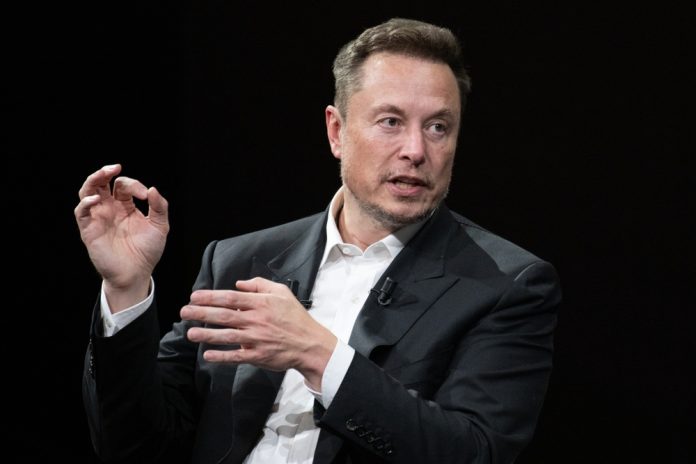A Delaware judge upheld a previous ruling that rescinded Tesla CEO Elon Musk’s $56 billion pay package, dealing a significant blow to Musk and the EV maker.
Chancellor Kathaleen McCormick of the Court of Chancery delivered the decision on Monday and dismissed Tesla’s attempt to reinstate the compensation plan through a June shareholder vote. The judge labeled the package “excessive” and highlighted procedural flaws in its approval.
Initially ratified in 2018, Musk’s compensation plan awarded stock options tied to Tesla achieving a series of operational and financial milestones. However, McCormick found that Musk improperly controlled the board’s negotiation process, undermining its validity.
Despite Tesla’s assertion that a subsequent shareholder vote cured the issues, the judge ruled that such a move could not retroactively validate the pay package.
In her 101-page opinion, McCormick stated that allowing defeated parties to “create new facts” post-trial would undermine the judicial process. She criticized Tesla for presenting material misstatements in its proxy statement and emphasized that the June vote did not absolve conflicts of interest. Following the decision, Tesla shares dipped 1.4% in after-hours trading.
Tesla and Musk plan to appeal to the Delaware Supreme Court, a process that could take up to a year. Musk, known for his outspoken nature, took to his social media platform X to criticize the ruling, stating, “Shareholders should control company votes, not judges.” Tesla echoed this sentiment, calling the decision “wrong” and expressing confidence in overturning it on appeal.
In addition, McCormick ordered Tesla to pay the plaintiffs’ attorneys $345 million in legal fees, a substantial amount but far less than the $6 billion initially requested. The law firms expressed satisfaction with the ruling and readiness to defend it during the appeal process.
The ruling raises important questions regarding Musk’s role at Tesla and his compensation as CEO. Although Musk’s original pay plan was valued at $56 billion when it was granted, it has since risen to $101 billion due to an increase in Tesla’s stock price. However, Musk has become a polarizing figure since he does not receive a guaranteed salary. While many people commend him for his contributions to Tesla’s advancement, others criticize his growing influence over corporate governance.
Moreover, Musk’s active role in U.S. politics also adds to the complexity. Recently appointed by President-elect Donald Trump as co-lead of the Department of Government Efficiency, Musk has maintained his position at Tesla while expanding his responsibilities. Critics argue his political affiliations and external commitments could distract from his leadership of Tesla.
While Tesla loyalists and Musk supporters have voiced strong opposition to the ruling, it remains a defining moment for one of the world’s most prominent CEOs. Whether the appeal will shift the outcome remains to be seen, but the case has already set a precedent for scrutinizing excessive pay packages in high-profile companies.



